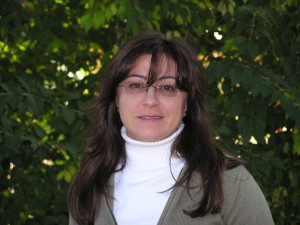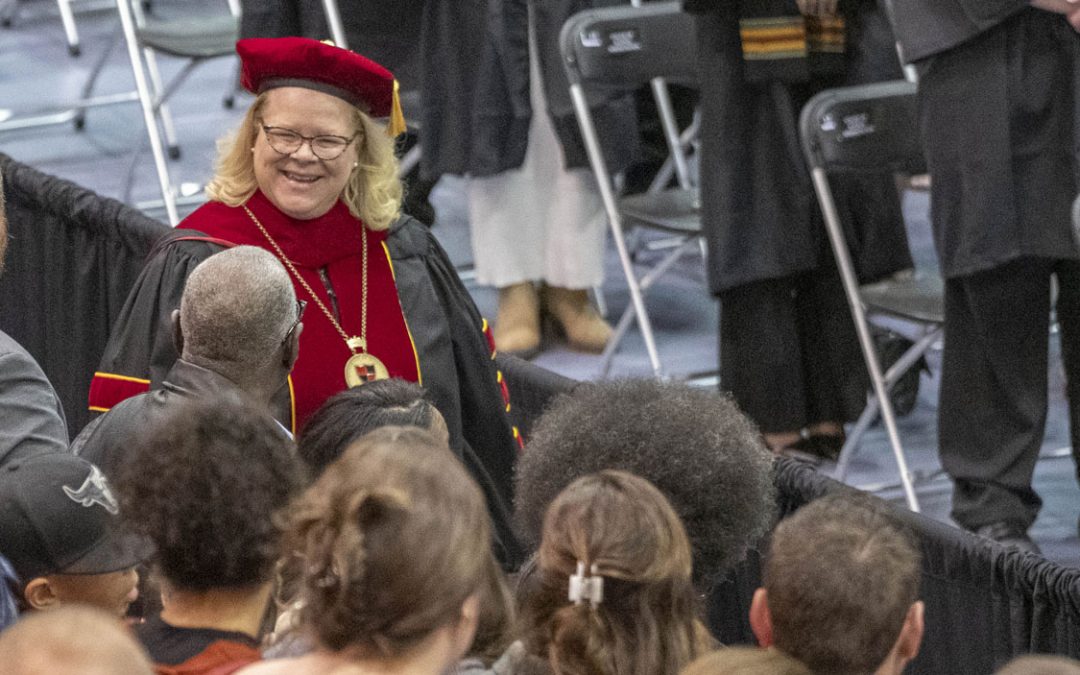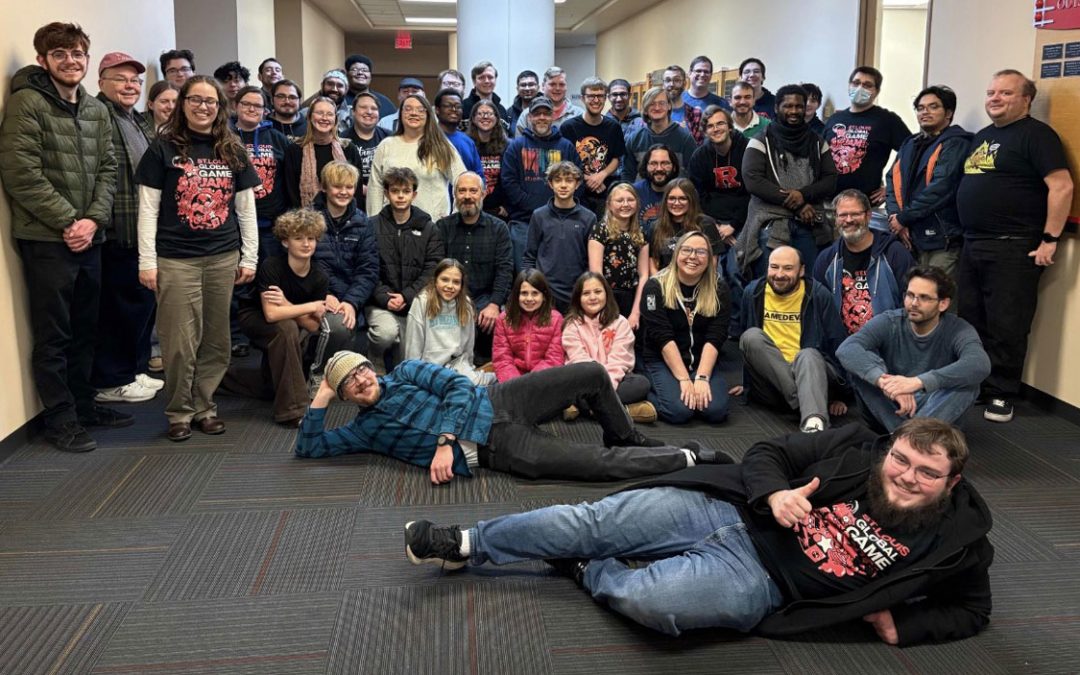If you ask her, Lea-Rachel Kosnik will tell you she’s an economist interested in the environment, not an environmentalist interested in economics. In truth, she doesn’t believe in the caricatures of either label.

Lea-Rachel Kosnik
“As an economist I can’t say there shouldn’t be any pollution because then everything would stop,” she said. “But I’m also not in favor of, ‘drill baby drill.’ There are costs and benefits to everything; there are two sides to everything.
“For example, recycling is sometimes a good idea, sometimes not. Recycling copper is great, because demand is high and resource supply is scarce, but newsprint is not always such a good idea. When you look at the resources used to transport the newspapers to the recycling center, the amount of fuel used for the trucks and the energy used to process the newsprint, the net benefit is often negative,” Kosnik said.
She joined the Department of Economics at the University of Missouri–St. Louis in 2004 as an assistant professor. Prior to that, she was on faculty at Montana State University in Bozeman.
Kosnik earned her doctorate from the University of California in Los Angeles and her undergraduate from the University of Michigan in Ann Arbor.
“I like to say I’ve lived in all four times zones, which not a lot of people can claim,” she said.
Kosnik, a resident of University City, Mo., started her college career as a creative writing major, but soon realized she wasn’t enough of a risk taker to live the life of a struggling writer. She also enjoyed math and was a social person, so the field of economics within the social sciences was a logical choice. While an undergraduate, she met a professor who studied water issues and got her interested in water, dams and renewable energy sources.
Kosnik spent a year as a Fulbright Scholar in Ankara, Turkey, where she studied the county’s dam system. One of the perks of her Fulbright was to spend the day as Chelsea Clinton’s tour guide while the Clintons were visiting the country during Bill Clinton’s presidency.
Fast forward several months later to Kosnik crossing the street in Turkey when she was hit by a car driven by a teenager rushing to visit a sick friend. Not wanting to have multiple surgeries in a foreign county, she fought to be transported back to the United States where she underwent several operations leaving her with a plate and several pins in her pelvis. Her doctors warned she may never walk again, but Kosnik didn’t believe them, as this wasn’t the first time she faced grim predictions for her future health.
Kosnik was born sick with several broken ribs. Her mother was told that the ribs were so weak they would eventually crumble and her daughter wouldn’t live long. However, by the time she was 2 years old, Kosnik had been treated for several broken bones. Her mother found a doctor in Tennessee who diagnosed her with Osteogenesis Imperfecta, a genetic disorder characterized by fragile bones that break easily.
“I never kept track of the number of bones I’d broken,” she said. “My mom thought it was morbid to do that, but I’ve had a lot.”
Instead of sheltering Kosnik, her mother encouraged her to get out and live. She took Kosnik to a rabbi, who under Kabbalistic tradition, renamed her, an act which is believed to give the child a fresh start. It was at this time she added “Lea” to her birth name of “Rachel.” As a child, even though she’d come home every year with a new broken bone, she attended summer camp and participated in the same actives as her classmates.
After experiencing a lifetime of falls and breaks, Kosnik was determined to go on to graduate school and not allow a broken pelvis deter her from her desire to earn a doctorate. But her medical bills continued to increase, and her Fulbright medical coverage barely covered her flight back to the U.S.
“It got to the point that I was as concerned about not getting out of debt as I was about the fact that I might not walk again,” she said. “And then one of my friends encouraged me to write to Chelsea Clinton.
“I got a call from a White House staffer who read my letter, which pointed out the danger U.S. Fulbrights put themselves in,” she said. “The woman told me she’d find a way to help me, and she did.”
By the end of the year, Kosnik had learned to walk again, and she received word that her medical bills had been covered.
Thinking about that experience chastens her, as she remembers the impact those events had on her life. She doesn’t take anything for granted.
Over the last year, Kosnik said she’s received a lot of requests for speaking engagements and to comment for the news media.
“I remember when environmental economists were the black sheep of the economics field – lowest paid and the least respected,” she said. “And now we are quite sought after with all that is happening in the world.”
With her expertise in hydropower and renewable energy sources, she’s quickly becoming an internationally known expert.
And even with her love of energy making headlines this year, she still enjoys writing. She recently completed her second novel, “No Room of Her Own,” a story based on the fictitious character Judith Shakespeare, which Virginia Woolf first examined in her extended essay “A Room of One’s Own.”
“The idea is that she, Judith, is born with the same talents and abilities as her brother William, but as a woman in 16th century England, can she achieve the same realization of her literary passions as he did?” she said. “It’s interesting to consider.”
More information:
http://www.umsl.edu/~kosnikl/
http://www.oif.org/site/PageServer














